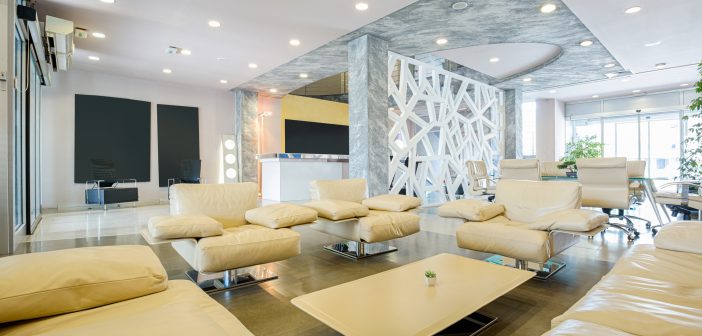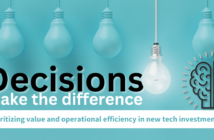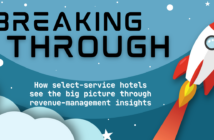Hotel robots may save you money, but will they cost you customers?
by JOSHUA MOLINA
Kiosks and mobile check-ins are all the craze right now in the hotel industry. So are chat bots and robot porters. But have hotel owners thought through the implications of this new technology?
Hotels haven’t historically been known to be on the cutting edge of technology. But recently, a big push has come from all size properties – from large brands to small independents – to upgrade to the latest systems. This is especially important for older hotels competing with newer high-tech properties. But with the amount of new technology popping up, it can be overwhelming for a hotel owner or manager to decide what tech gets top priority.

In deciding on any new feature or technology, it’s crucial to consider user experience (UX). Although traditionally thought of in terms of websites or mobile apps, metaphorically speaking you can think about UX as the customer’s experience using the technology at your hotels. If the technology is not optimized for a user’s hotel experience, the result may actually be a net negative.
Here is an example from outside the hotel industry. When airlines decided to overbook flights to save on potential no-show passengers, financially it seemed like a great way to make up for lost inventory. What resulted has been a backlash at several airlines, lawsuits, drops in stock prices, and a belated change in policy. In a crunch to make profit, user experience suffered.
Back to the hotel industry. While at HITEC in Toronto this year, I overheard a conversation between a consultant and hotel owner. They had recently installed check-in kiosks to test at one of their properties. What they found is that once the novelty wore off, guests were often skipping the kiosks, preferring to check in with a front desk agent instead. While an isolated case, the hotel managers realized that just because a product may save them money by replacing people at the front desk, the user experience could take a hit.
A comparable experience comes from the use of chat bots on a direct booking site. While it may seem efficient to answer questions without the use of a live person responding on the other end, there is a frustration that comes as an end-user when you feel like you are talking to a machine. Not too long ago, companies made a similar move to automated phone systems. While it may have saved time for the operators, it became frustrating when someone wanted to talk to a live person and had to go through what seemed like an endless series of prompts. Luckily, there are also chat options for live conversations between front desk agents and hotel guests via SMS and messenger apps. In fact, in a recent webinar I participated in, hotel owners talked about how this personal messaging increased the guest experience and in turn improved their online reviews.
Robots are another popular high-tech product with which many hotels are experimenting. In fact, a hotel in Japan is now staffed almost entirely by robots. There you can get checked in by a robotic dinosaur at the front desk. While this makes sense for a location near Tokyo Disney, the user experience is something to keep in mind for the average hotel guest. At a recent roundtable of hospitality executives, a hotel IT manager talked about his experience with robots, saying there are still drawbacks from the guests not being able to communicate with their guest service agents.
The goal for any company is to increase revenues while lowering operations costs. But for hotels, loyal return guests – ones that book directly and leave great online reviews – are critical for long-term growth, not just short-term profits. That growth comes from an optimal guest experience. Often, the ability to streamline the check-in process increases positive user experience enough to create those optimal experiences. An easy-to-use property management software (PMS) can both improve check in times and increase the Average Daily Rate (ADR), which can ultimately help increase revenue and lower employee costs if done correctly.
In the end, whether upgrading your current systems, trying out new technology, or re-assessing your current set up, it’s essential to consider the user story. In other words, think about who is the end user of your system and ask yourself if that end user’s experience will be positive or negative. And more importantly, will that experience cause the guest to return or recommend your hotel. ■
Photo credit: Eviled/Shutterstock.com




